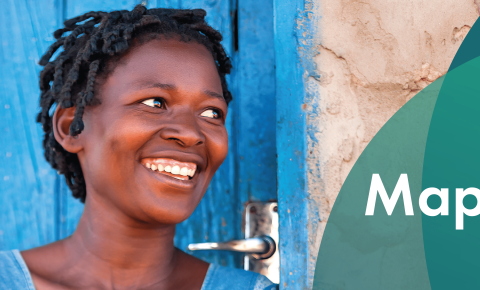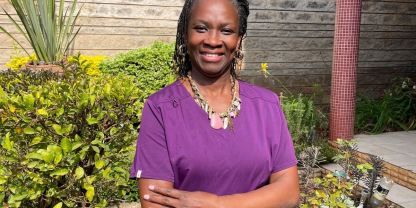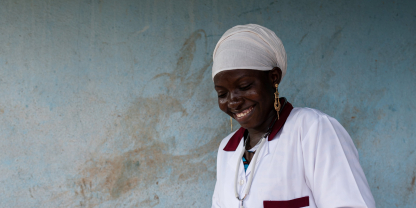Celebrating the 20th anniversary of the Maputo Protocol
On 11 July 2023, FIGO is celebrating the 20th anniversary of the Maputo Protocol by sharing reflections from Dr Anne Kihara, FIGO President-Elect, and from OBGYNs from across Africa on how the Maputo Protocol has informed their work.
What is the Maputo Protocol?
The Protocol to the African Charter on Human and Peoples' Rights of Women in Africa, often referred to as the ‘Maputo Protocol’, was adopted by Heads of States in Maputo, Mozambique on 11 July 2003. As of 7 June 2023, to coincide with the 20th anniversary, South Sudan became the 44th country of the African Union to ratify the protocol, stating it will enact it within its domestic laws.
The Maputo Protocol ensures that African women and girls’ human rights are upheld through progressive provisions on harmful traditional practices, reproductive health and rights, women's roles in political processes, economic empowerment and ending violence against women.
The importance of the Maputo Protocol for safe abortion care in Africa
For FIGO’s Advocating for Safe Abortion Project, the Maputo Protocol has specific relevance as it provides a strong springboard for African women and girls to claim their legal right to safe abortion care. Article 14 (2) (c) sets that governments have a legal obligation to “protect the reproductive rights of women by authorising medical abortion in cases of sexual assault, rape, incest, and where the continued pregnancy endangers the mental and physical health of the mother or the life of the mother or the foetus.”
Our five OBGYN profiles below provide perspectives from Benin, Cameroon, Kenya, Uganda, and FIGO as a global organisation and share insights on how the Maputo Protocol has advanced sexual reproductive health and rights of women and girls throughout Africa. They highlight the importance of continued advocacy and education on safe abortion to ensure that health workers in Africa will carry out their responsibilities to provide this essential and time sensitive health care.






